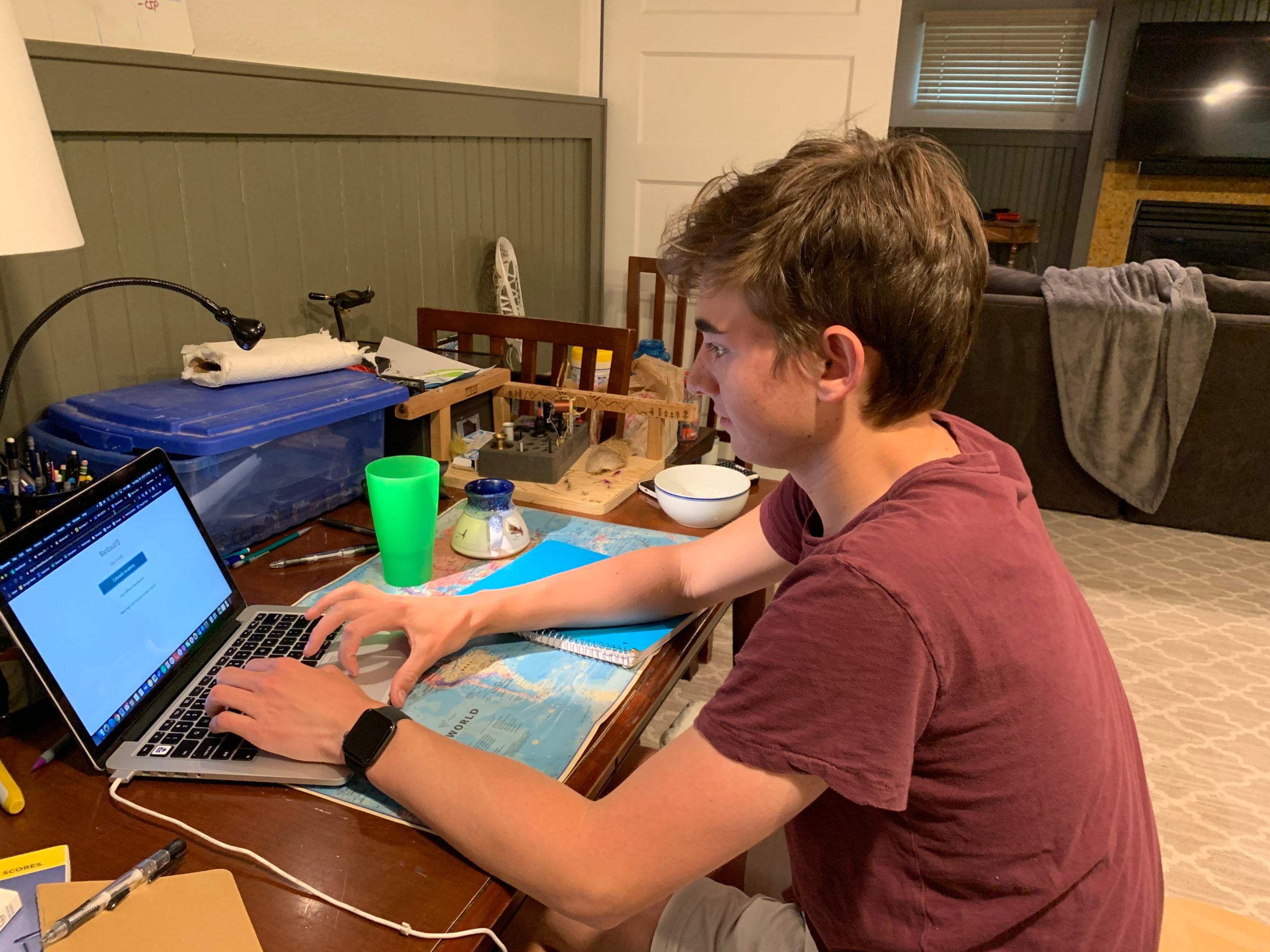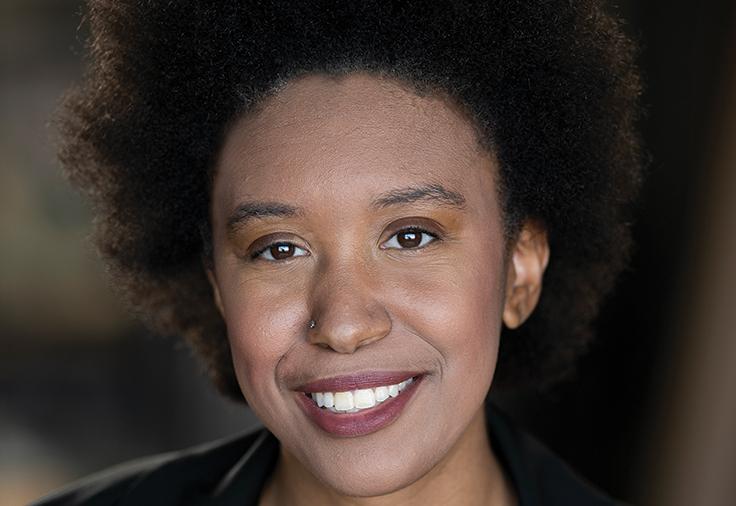
Bailey Walker, a high school senior in Denver, hasn’t been a fan of remote learning.
He’s already decided that he’s taking a gap semester before starting college. And if school isn’t up and running like it was before the era of COVID-19, Walker’s not sure if he’ll begin his higher education in January either.
“Especially being a freshman, I think it’s so crucial to be on campus and be able to meet people the first year,” Walker said. “Just kind of seeing a bunch of strangers on Zoom each day hoping that eventually we’ll meet in person isn’t something I want to do for my first year.”
Colleges across the country were forced to close during the spring 2020 semester because of the coronavirus pandemic and begin remote learning. The results have been a mixed bag.
“The fact that colleges collectively around the United States got tens of million of students to be able to continue their education this spring [is] almost miraculous,” Doug Lederman, the co-founder of and journalist for Inside HigherEd, said. “There is a wide variation in the sort of quality of online education.”
Lederman also makes the distinction between online and remote learning. Online learning is built to be online from the start, complete with a learning management system, and there are usually links for online tutoring and other resources. Meanwhile, what happened for many schools was remote learning, where the usual lectures were recorded and streamed for students.
Regis University, which has three campuses on the Front Range, released a reopening plan for the upcoming fall semester. The school will begin classes early, on Aug. 17, and then end right before Thanksgiving break. The idea is that students will be released right before flu-season and a potential second wave of COVID-19.
Regis University provost Janet Houser said the strategy came from trying to strike the balance between being safe while also adhering to students’ needs.
“They missed that co-curricular aspect,” Houser said. “They missed the maturation that comes from interacting independently and so our schedule was also planned to give students a maximum campus experience.”
The university is still trying to figure out their plans for on-campus housing.
Not every college will have the ability to open like Regis plans to. Colorado may be beginning to open up under safer-at-home orders, but not all states are there yet. The California State University System, for one, announced last week that it canceled nearly all in-person classes for the fall semester.
If some schools cannot open for the year, some will be forced to close altogether, Lederman of Inside HigherEd said.
“I totally understand why a lot of institutions are announcing right now that they're planning to open,” Lederman said. “I think it's premature to be confident that you can. We're also starting to see some institutions announced very much in the other direction that they're definitely going to be virtual in the fall.”









